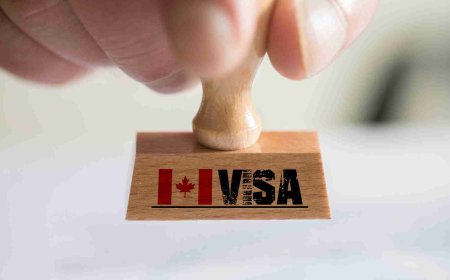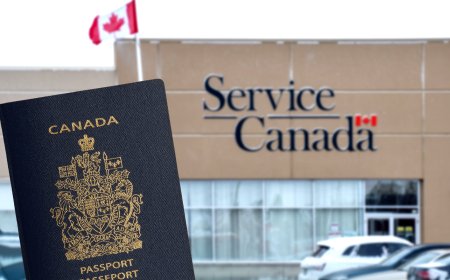Canada Expands Dental Care Plan to More Residents | Canada Immigration Updates
The Canada Dental Care Plan (CDCP) is set to expand its coverage to more Canadian residents, starting June 27. Families with children under 18 may now be eligible for the plan, which aims to alleviate the financial burden of dental care for those without private dental insurance, often provided by employment benefits for full-time workers.

The CDCP is being introduced in phases. Initially, eligible seniors over 65 could access the plan starting in December 2023. The second phase, beginning this month, will extend to adults with disabilities and children under 18. This phase means that eligible newcomers will no longer need to pay for their children's dental care from ages 12-18. Previously, the Canada Dental Benefit only covered children under 12.
By 2025, the plan aims to cover all remaining eligible Canadians, though the exact date for this final phase has not yet been determined.
Eligibility for Temporary Residents
Temporary residents in Canada, such as those on work or study permits, may also be eligible for the CDCP if they meet certain criteria:
- No access to a dental insurance plan.
- Adjusted family net income of less than $90,000.
- Filed a tax return in the previous year.
- Canadian resident for tax purposes.
Temporary residents must have one of the following residency codes on their latest Notice of Assessment from the Canada Revenue Agency (CRA): 0, 5, 8, 9, 10, 12. Those with codes 1, 2, 3, 4, 7, 11, 13, or 15 are not eligible.
Sun Life will provide the coverage on behalf of the Canadian government, which will share applicant information with the insurance company. Enrolled participants will receive information about the CDCP, a member card, and a coverage start date.
Starting July 8, 2024, oral health providers can directly bill Sun Life for services without needing to sign up formally for the CDCP. Before this date, clients must visit dentists already participating in the program.
Cost of Dental Care in Canada
Newcomers are particularly affected by dental care costs as they are more likely to work low-wage part-time jobs or in gig work that does not offer dental insurance. A Statistics Canada report from last March highlighted that part-time employment increased for immigrant workers and temporary foreign workers (TFWs), while it declined for Canadian-born workers. Immigrant workers and TFWs have thus filled the gap left by Canadian-born workers moving away from part-time, lower-skilled jobs.
Dental care expenses, including routine cleanings, checkups, and more advanced procedures like root canals or caps, are typically paid out-of-pocket or through private insurance, as they are not covered by provincial or federal healthcare plans. Dental fees generally align with a guide from provincial dental associations, but individual dentists can set their prices.
Deputy Prime Minister Chrystia Freeland stated last May that the CDCP is expected to help nine million uninsured Canadians get dental coverage.
What's Your Reaction?
 Like
0
Like
0
 Dislike
0
Dislike
0
 Love
0
Love
0
 Funny
0
Funny
0
 Angry
0
Angry
0
 Sad
0
Sad
0
 Wow
0
Wow
0






































































